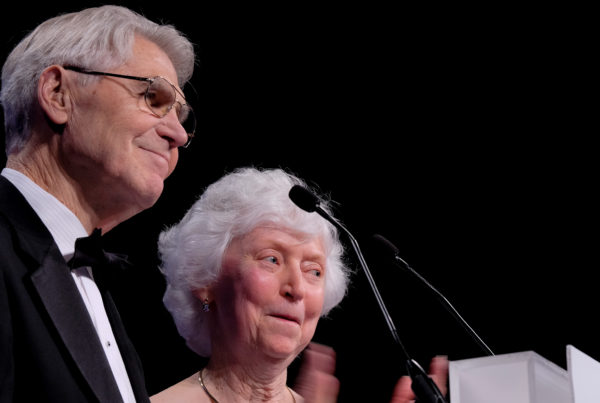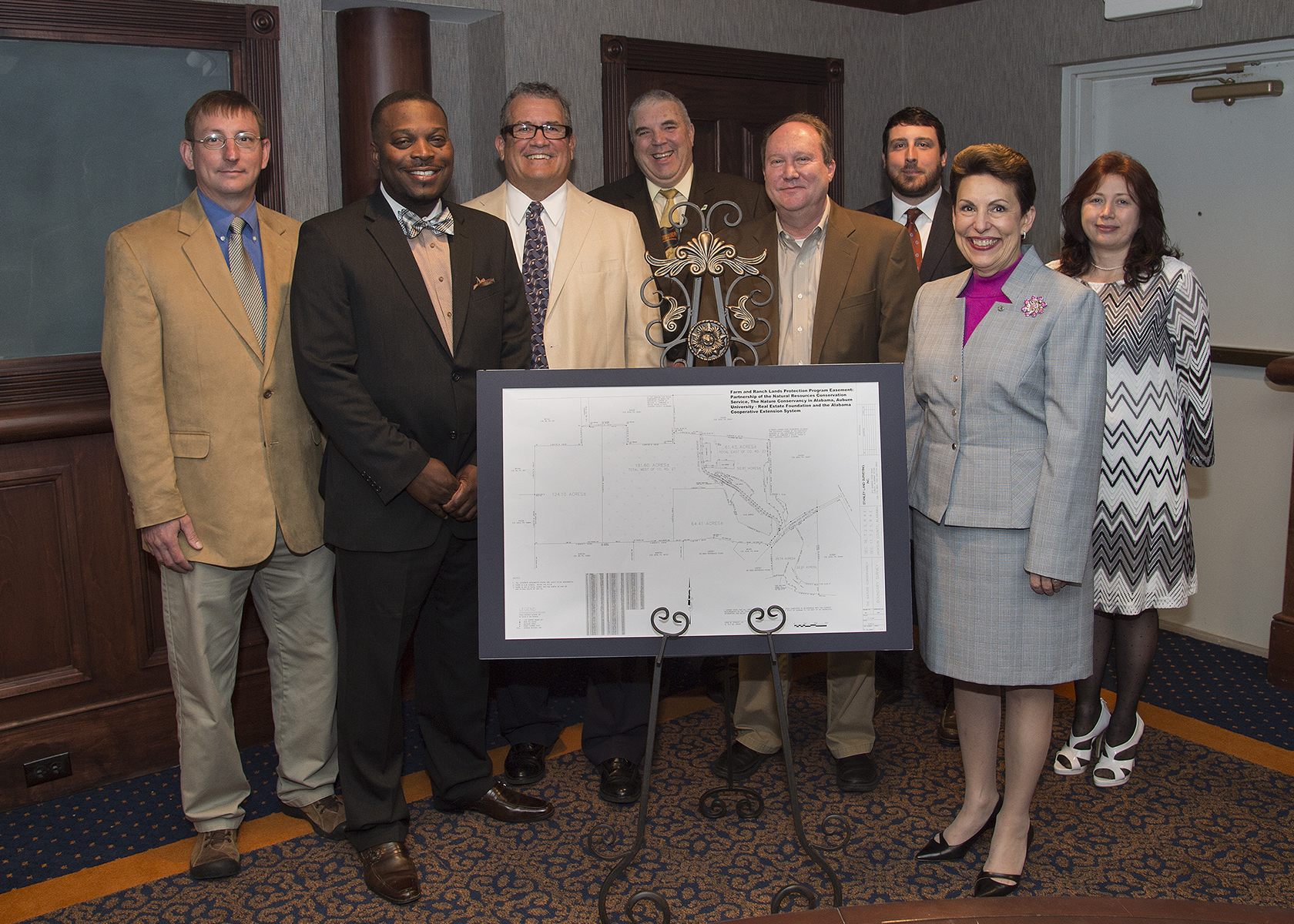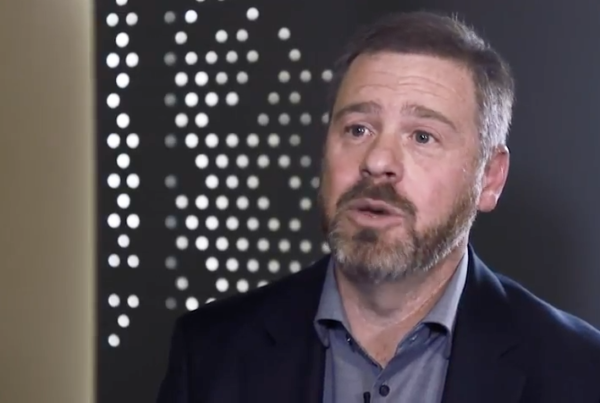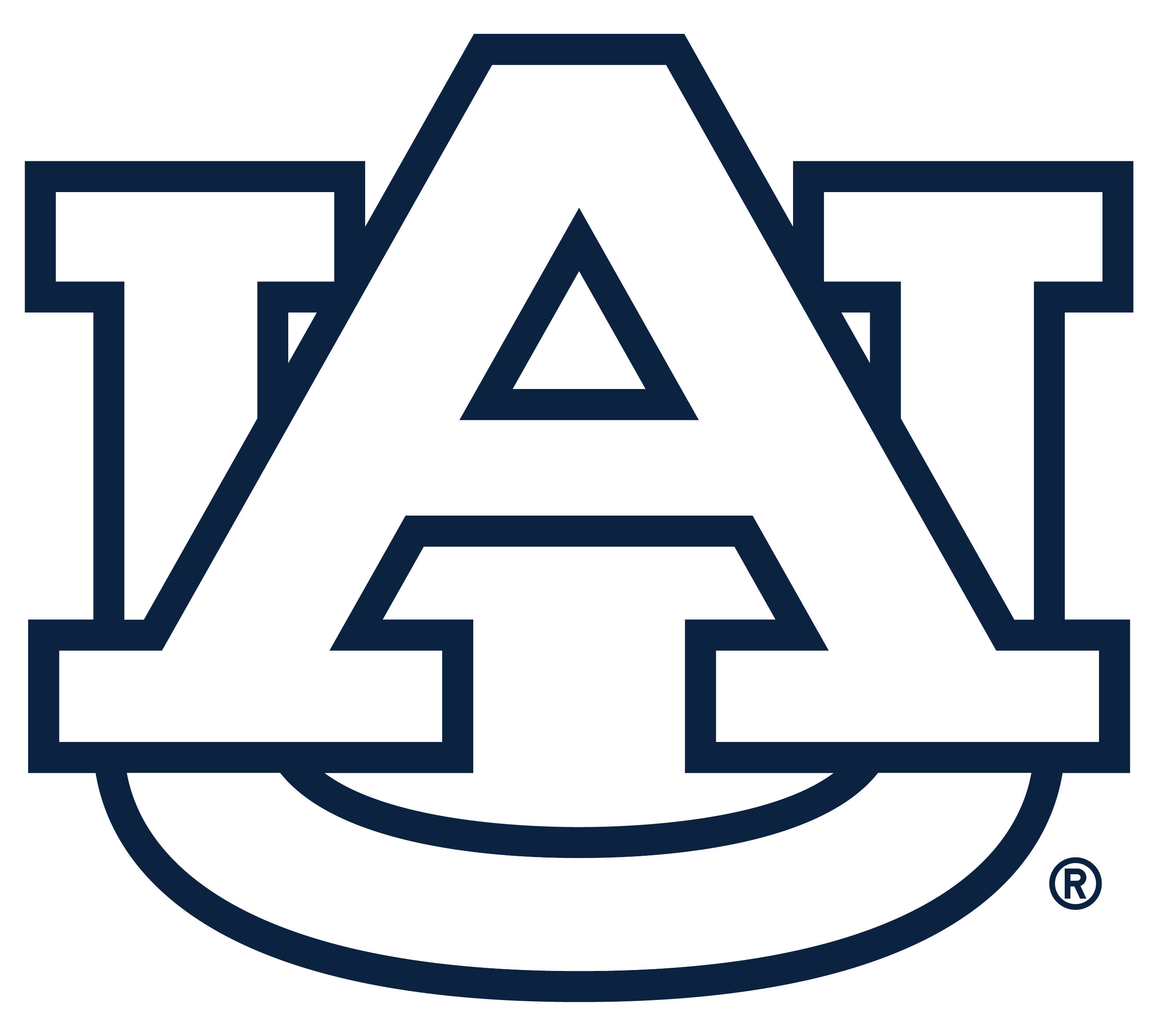Since 2004, Auburn has worked with the Alabama Department of Corrections through the Alabama Prison Arts + Education Project (APAEP). The project offers continuing education courses in arts and humanities; human development and family studies; and science, technology, and mathematics in 10 of Alabama’s prisons.
One student, who has participated in several APAEP courses, explained that the courses have been transformational. For him and his classmates, it is the first time they have accomplished something meaningful in their lives.
“It awakens the human spirit in the condemned students, restores hope in their lives, and opens the door for them to nurture qualities such as empathy, love, and humility,” he said.
Research from prison education programs helped influence a recent government decision to offer the Second Chance Pell Pilot Program to 12,000 prisoners across 67 colleges and universities in the United States. The program enables participants to earn a two- or four-year degree from an accredited institution of higher learning. Auburn University was one of the few public land-grant institutions chosen to participate.
The pilot program offers classroom-based instruction on site at a select corrections facility in central Alabama. Successful applicants demonstrate a desire to learn, and are cleared through the Alabama Department of Corrections.
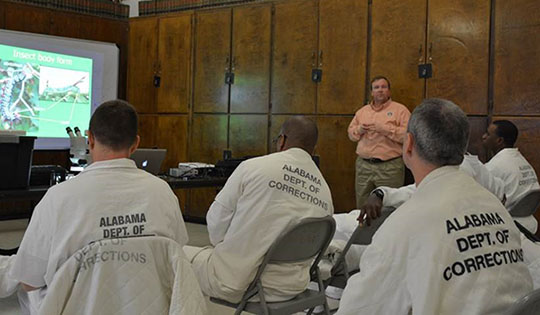
The program will accept 20 students each year. The Pell program will cover a third of the tuition costs of the program.
Auburn was chosen after a review of its student recruitment, student success, and compliance with student aid programs, and its long-standing history of offering academic classes in prisons. The program will accept 20 students each year. Upon successful completion of their courses, graduates will receive an interdisciplinary bachelor of science degree in business and human sciences. Students will be taught by Auburn professors and instructors, as well as other educators. If a student is released before graduation, the student can continue classes on campus, just as if he or she were a traditional enrollee.
According to Timothy Boosinger, Auburn University’s provost and vice president for academic affairs, the program advances Auburn’s land-grant mission of providing higher education opportunities to all of Alabama’s citizens.
“Access to education is the first step in giving these students a better chance of successfully re-entering society,” he said.
Numerous studies, which point to the benefits of postsecondary education for the incarcerated, indicate that:
• It improves the quality of life for individuals, families, and communities. Studies have shown that those who participate while in prison experience increased opportunities for employment and earnings, and more frequent and meaningful civic engagement.
• It promotes safer communities, as those who participate in prison education programs are 43 percent less likely to return to prison, or recidivate, than those who do not.
• It is cost-effective. Because it lowers the chance of a prisoner re-entering the prison system after release, it offers a 400 percent return on investment over three years for taxpayers, or $5 saved for every $1 spent.
Classes for the Second Chance Pell Pilot Program begin January 2017. While the Pell program covers a third of the tuition costs, the remaining balance must be covered by philanthropic gifts.

